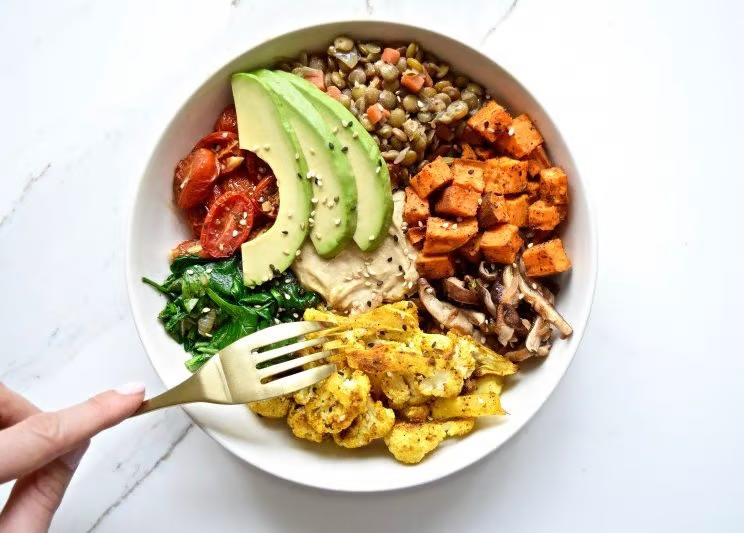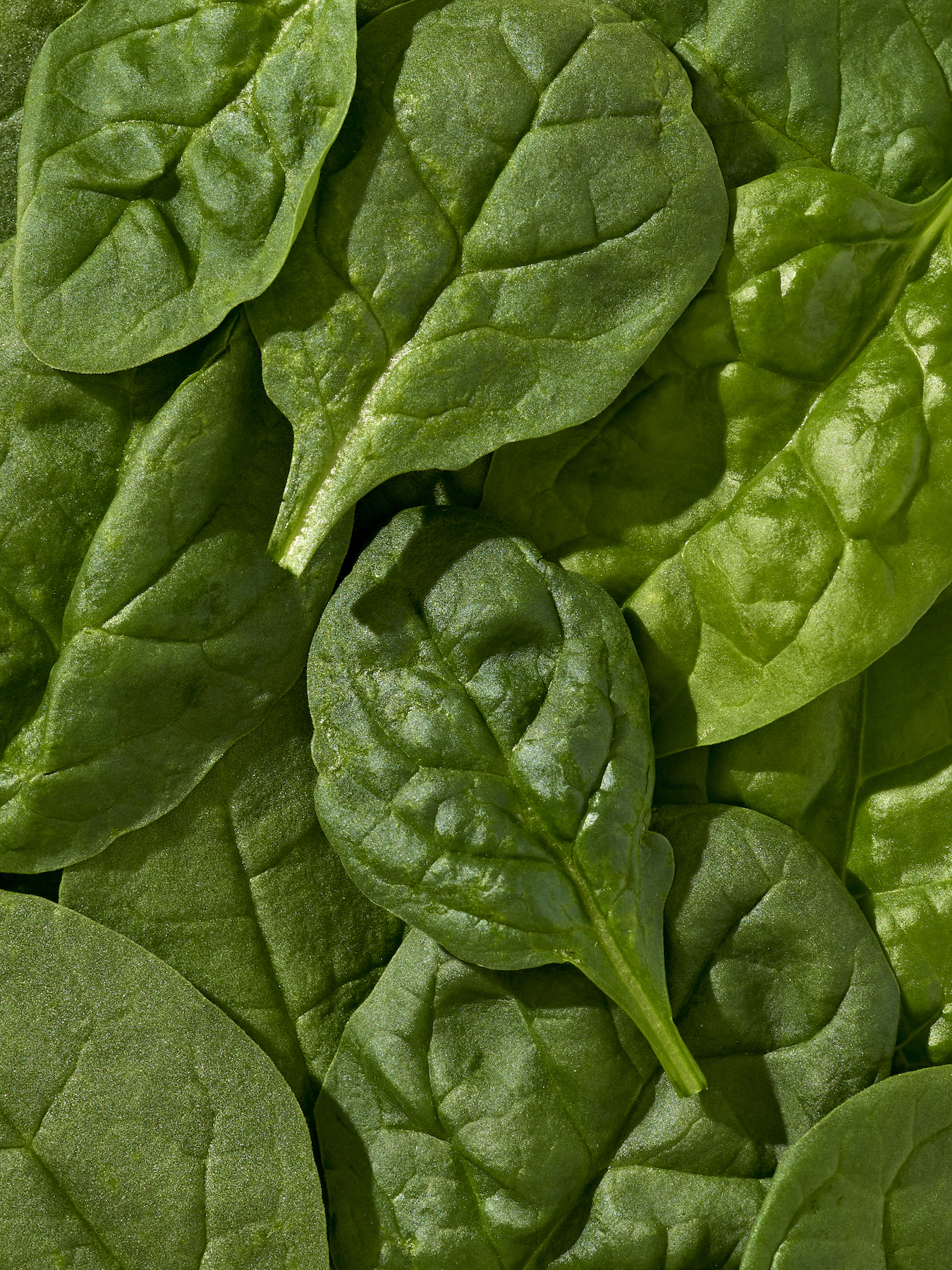A Comprehensive Guide To An Anti-Inflammatory Diet
Inflammation is a critical component of the body’s immune response, a defense mechanism against injury and infection. The body signals the immune system to heal and repair damaged tissue and defend itself against foreign invaders, such as viruses and bacteria. While acute inflammation is a normal and beneficial process, chronic inflammation is a prolonged inflammatory response that can last several months to years and may lead to various health conditions.
Chronic inflammation is caused by numerous factors, including exposure to low-level environmental toxins, emotional stress, and particularly an imbalance in dietary intake. For example, a diet rich in processed foods can increase free radicals, leading to oxidative stress, triggering an inflammatory response. Elevated levels of inflammatory markers like c-reactive protein are associated with conditions such as heart disease and rheumatoid arthritis. Millions worldwide suffer from chronic inflammatory conditions, and many seek the advice of healthcare providers to manage their conditions through dietary approaches and lifestyle changes.
Adopting an anti-inflammatory diet filled with nutrient-dense, anti-inflammatory foods has emerged as a promising solution. Clinical trials have suggested that such dietary approaches can aid in lowering blood pressure, reducing inflammatory markers, and improving overall health. This allows individuals to manage or prevent the onset of various inflammatory health conditions and effectively supports the immune response.
In this guide, we’ll explore the anti-inflammatory diet, focusing on how it aids in reducing inflammation in the body. We'll highlight various anti-inflammatory foods that can be incorporated into your daily routine to combat inflammation. We aim to provide insights into these dietary interventions, emphasizing their role in supporting the immune system, mitigating inflammatory responses, and promoting overall well-being. This information is valuable for those collaborating with healthcare providers or those independently seeking to enhance their health and reduce the risk of inflammation-related conditions.
Do you find yourself constantly on the go but still want to indulge in healthy foods? The expert chefs at Hungryroot have crafted various delicious recipes and healthy groceries delivered straight to your doorstep. Whether juggling work, family, or other commitments, Hungryroot helps you enjoy mouthwatering foods without compromising your health goals. Get started today by taking our personalized quiz and start your health journey right from day one!
What is an anti-inflammatory diet?
The anti-inflammatory diet is a balanced, nutritional eating plan designed to combat chronic inflammation by promoting the intake of foods rich in anti-inflammatory properties. This diet primarily consists of fruits, vegetables, lean proteins, healthy fats, and whole grains, emphasizing food rich in antioxidants and omega-3 fatty acids to combat oxidative stress and free radicals.
Variations of Anti-Inflammatory Diet
Several variations of the anti-inflammatory diet exist, each with unique characteristics.
- Mediterranean Diet: The Mediterranean Diet emphasizes the consumption of fruits, vegetables, whole grains, and healthy fatsl, and includes moderate amounts of fish and poultry.
- AIP Diet: The Autoimmune Protocol (AIP) is a stricter anti-inflammatory diet, eliminating grains, legumes, nuts, seeds, nightshades, dairy, eggs, coffee, alcohol, and sugar, focusing on nutrient-dense foods to heal the immune system.
- DASH Diet: The DASH Diet, typically recommended to lower blood pressure, is rich in fruits, vegetables, lean proteins, and whole grains, and it is low in sodium, sweets, and red meat.
Each anti-inflammatory diet offers numerous benefits, including reduced inflammatory markers, improved immune response, and a lowered risk of chronic health conditions such as cardiovascular disease, rheumatoid arthritis, and other inflammatory conditions. These diets not only aid in reducing inflammation but also contribute to weight loss, improved blood pressure, enhanced gut health, and a decreased risk of chronic diseases. When complemented with a healthy lifestyle, including regular exercise and stress management, the anti-inflammatory diet can significantly contribute to long-term well-being and overall health improvement, allowing individuals to lead a more balanced and healthy life.
What Foods To Eat On An Anti-Inflammatory Diet
Below is a list of foods that are beneficial in an anti-inflammatory diet, each with its unique properties that contribute to reducing inflammation and promoting overall well-being. By integrating these foods into your daily dietary intake, you can experience the myriad health benefits this diet offers. Always remember that a balanced approach and consultation with a healthcare provider or dietitian are paramount when considering dietary modifications, especially for those with underlying health conditions.
Fruits and Vegetables: Rich in vitamins, minerals, fiber, and antioxidants, fruits and vegetables are the foundation of any anti-inflammatory diet. They combat free radicals, reduce inflammation, and support overall health.
Examples: Berries, cherries, oranges, tomatoes, leafy greens, and broccoli.
- Hungryroot Sweet Baby Broccoli
- Hungryroot Seven Veggie Stir-Fry
- Earthbound Organic Green Kale
- Hungryroot Fresh Cut Melon Trio
Fatty Fish: Fatty fish like salmon and tuna are loaded with omega-3 and omega-6 fatty acids, essential for reducing inflammation. Regular fatty fish consumption can lower the risk of heart disease, rheumatoid arthritis, and other inflammatory conditions.
Examples: Salmon, mackerel, sardines, and tuna.
- Hungryroot Hot Smoked Roasted Salmon
- Hungryroot Smoked Poke Style Salmon
- Egg Harbor Seafood Wild Caught Cod Fillet
- Safe Catch Wild Ahi Tuna in Olive Oil
Whole Grains: Whole grains like brown rice and oats contain fiber and essential nutrients. They can reduce inflammation and lower the risk of chronic diseases.
Examples: Quinoa, brown rice, oatmeal, and whole wheat bread.
- Hungryroot Sprouted Whole Grain Bread
- Hungryroot Brown Rice Quinoa Blend
- Purely Elizabeth Original Superfood Oatmeal
- Seven Sundays Wild Blueberry Buckwheat Muesli
Nuts and Seeds: Nuts and seeds are nutrient-dense foods, providing healthy fats, fiber, vitamins, minerals, and antioxidants. They can decrease inflammation and lower the risk of heart disease.
Examples: Almonds, walnuts, flaxseeds, and chia seeds.
- Daily Crunch Nashville Hot Almonds
- Superseedz Sea Salt Pumpkin Seeds
- Good Sam Foods Roasted + Salted Macadamia Nuts
Healthy Fats: Healthy fats, especially those high in omega-3s, are crucial for brain health and inflammation reduction. They help manage inflammation and provide support to the cardiovascular system.
Examples: Olive oil, avocados, and flaxseed oil.
Lean Proteins: Lean proteins are important for muscle repair and maintenance and can help manage inflammation. They support muscle health and immune function while controlling inflammatory responses.
Examples: Turkey, chicken, lean cuts of beef, and legumes.
- Diestel Oven Roasted Turkey Breast
- Diestel Garlic Pepper Turkey Tenderloin
- Rastelli’s Seasoned Pulled Chicken
- Kevin’s Natural Foods Cilantro Lime Chicken
Spices and Herbs: Many spices and herbs have potent anti-inflammatory properties due to their high concentration of protective compounds. Herbs like ginger can reduce inflammation, support immune function, and offer antioxidant protection.
Examples: Turmeric, ginger, cinnamon, and garlic.
Tea and Water: Adequate hydration is crucial for maintaining health, and tea offers additional anti-inflammatory compounds. They support overall health, aid digestion, and help in the elimination of toxins.
Examples: Green tea, chamomile tea, and black tea.
Legumes: Legumes are rich in fiber, protein, and essential nutrients. They help in reducing inflammation and support heart health.
Examples: Lentils, black beans, and chickpeas.
- Hungryroot Cuban Spiced Black Beans
- Hungryroot Cucumber Corn Black Bean Salad
- Maya Kaimal Everyday Dal Green Split Peas
- Jack’s Quality Beans Organic Garbanzo Beans
Remember while including these foods can have significant health benefits, it is also essential to maintain a balanced diet and consult with a healthcare provider or dietitian for personalized dietary advice, especially when dealing with specific health conditions.
What Foods To Avoid or Limit On An Anti-Inflammatory Diet
When adhering to an anti-inflammatory diet, it’s essential to not only integrate nutrient-dense, anti-inflammatory foods but also to avoid or limit the intake of foods known to promote inflammation. Here are some of the foods and food categories that are best limited or avoided, along with examples:
Refined Carbohydrates: These foods have a high glycemic index and can cause spikes in blood sugar and insulin levels, contributing to inflammation.
- Examples: White bread, white rice, pastries, and many breakfast cereals.
Fried and Ultra-Processed Foods: They often contain trans fats and other harmful compounds that can trigger inflammation.
- Examples: Fast food, processed snacks, fried chicken, and doughnuts.
Sugar-Sweetened Beverages and Added Sugars: High sugar intake can lead to insulin resistance, obesity, and inflammation.
- Examples: Soda, sweetened teas, candy, and many desserts.
Red and Processed Meats: They can be high in saturated fats and additives that may induce inflammation.
- Examples: Bacon, sausage, ham, smoked meat, and beef.
Excessive Alcohol: While moderate alcohol consumption may offer some health benefits, excessive alcohol intake can lead to a variety of health problems, including inflammation.
- Examples: High quantities of beer, wine, and spirits.
Trans Fats: Trans fats can increase bad LDL cholesterol, lower good HDL cholesterol, and provoke inflammation.
- Examples: Margarine, vegetable shortening, and partially hydrogenated oils.
Vegetable and Seed Oils High in Omega-6: While omega-6 fatty acids are essential, an imbalanced omega-6 to omega-3 ratio, common in Western diets, can promote inflammation.
- Examples: Corn oil, sunflower oil, and soybean oil.
Understanding the inflammatory potential of these foods can guide healthier food choices and support individuals in their journey towards an anti-inflammatory dietary pattern, ultimately contributing to overall well-being and a reduced risk of chronic diseases.
Maintaining an Anti-Inflammatory Diet
Maintaining an anti-inflammatory diet is an ongoing journey and a commitment to promoting overall health and well-being. This involves consistently incorporating nutrient-dense, anti-inflammatory foods such as fruits, vegetables, lean proteins, and healthy fats, while being mindful to limit the intake of processed, refined, and inflammatory foods. Regular exercise, hydration, and chronic stress management are also crucial in managing inflammation and supporting a healthy lifestyle.
We hope this guide has provided valuable insights and practical guidance to help you navigate the world of anti-inflammatory eating. By implementing these dietary changes and maintaining a balanced and mindful approach to eating, you can lay the foundation for a healthier, more harmonious life. Regular consultation with healthcare providers or dietitians is also recommended to tailor dietary interventions to individual health needs and conditions, ensuring the most beneficial and sustainable outcomes.
We know life can get hectic, but sticking to your healthy lifestyle shouldn't be a struggle. That's why Hungryroot brings you custom-selected, healthy groceries that magically turn into delicious recipes delivered right to your door. Our seamless process frees up your valuable time and helps you effortlessly embrace a healthy lifestyle. Let us be your trusted partner on your journey to health — because you deserve to feel good, inside and out.
Start your health journey by taking our personalized quiz to get your recipe and grocery recommendations.
Recommended Reading




